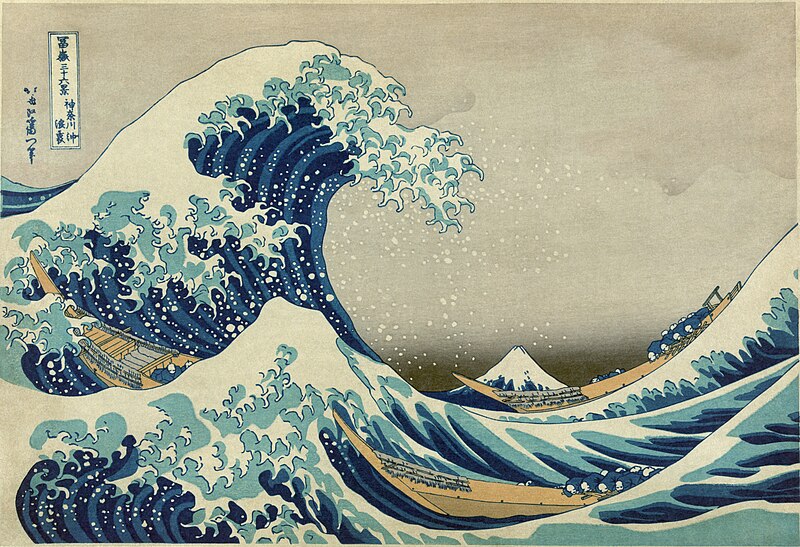 A few things have come across my Twitter feed in recent weeks that relate to cognition and the Internet. The first is an article by Thomas Erren et al on 10 elements of lifelong learning according to Richard Hamming. I'm a big fan of Hamming's ideas and research philosophy, and the authors do a nice job of updating some important points from his book. I recommend reading the paper; to wet your appetite, the first two rules they describe include
A few things have come across my Twitter feed in recent weeks that relate to cognition and the Internet. The first is an article by Thomas Erren et al on 10 elements of lifelong learning according to Richard Hamming. I'm a big fan of Hamming's ideas and research philosophy, and the authors do a nice job of updating some important points from his book. I recommend reading the paper; to wet your appetite, the first two rules they describe includeRule 1. Cultivate Lifelong Learning as a “Style of Thinking” That Concentrates on Fundamental Principles Rather Than on Facts
Rule 2. Structure Your Learning to Ride the Information Tsunami Rather Than Drown in ItThese strike a chord when thought about in the context of the recent study by Barr et al, which suggested that smartphones, as entrée to vast stores of information, can supplant critical thinking by making it easy for people to offload thinking to technology. Hamming, Erren et al, and Barr et al collectively remind us of the dangers of merely looking for facts on the Internet as opposed to concentrating on forming a coherent body of knowledge out of those facts.
Eric Topol captures this perfectly in a recent tweet:
The future of medicine is not about looking things up on the Internet; it's being able to generate one's own real world data+super-analyticsI couldn't agree more. Data and "super-analytics" need to be aimed at generating and conveying a coherent picture of health so that consumers of those analytics -- whether researchers, physicians, or non-specialists -- are informed and educated.
As the sea of facts gets larger and more accessible, becoming a tsunami, we face the risk of drowning, as Erren et al suggest, or becoming cognitively lazy, as Barr et al suggest. How do humans synthesize knowledge from data, especially when the data may be messy, variable, or uncertain? In the case of public health, the issue is hugely important, because people will synthesize their own knowledge based on facts they find compelling (e.g., the University of Google, "My science is named Evan"). How do we leverage the information superhighway to produce insight and decisions grounded in the relevant facts?
(image source: Wikipedia)
